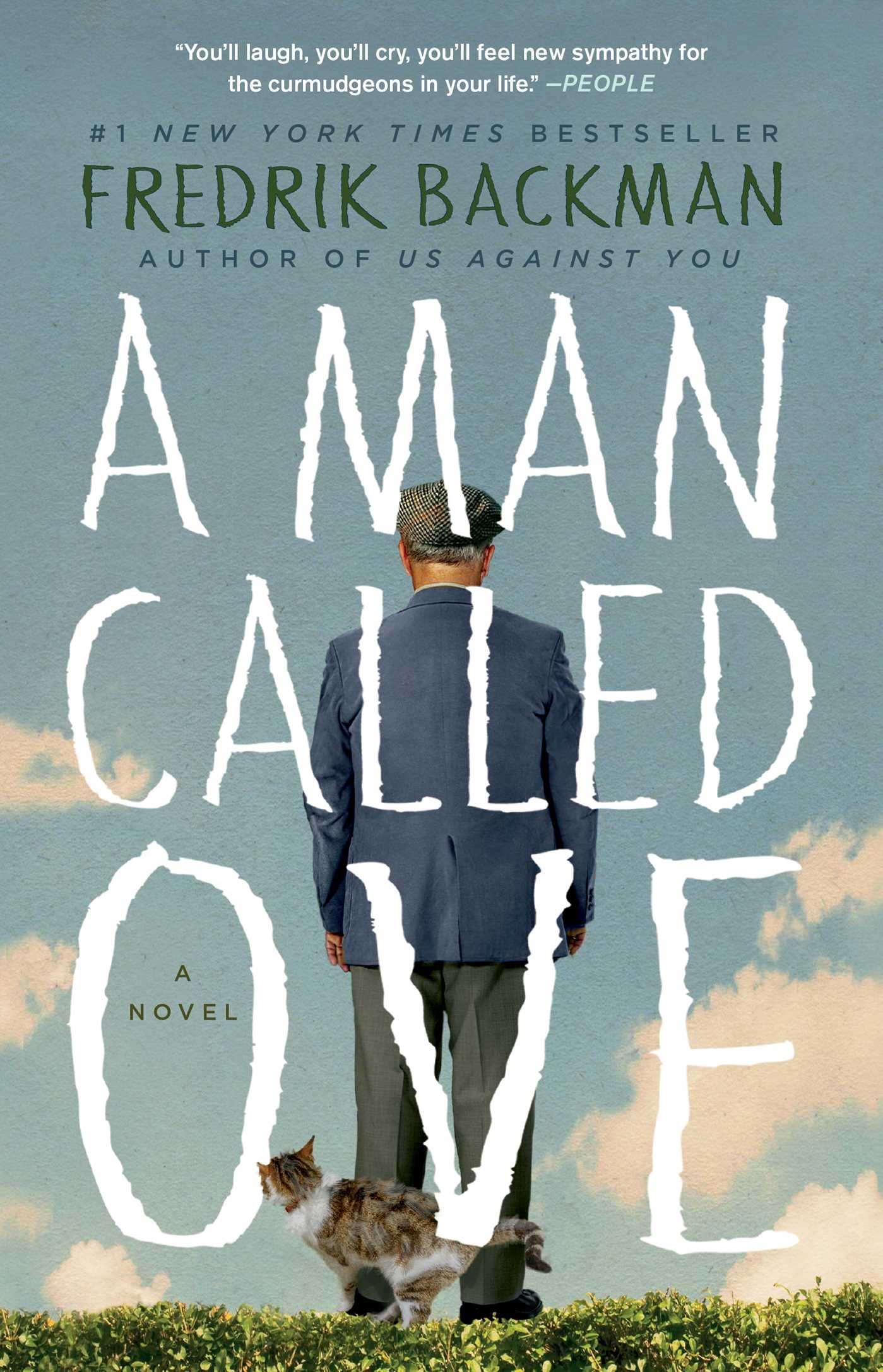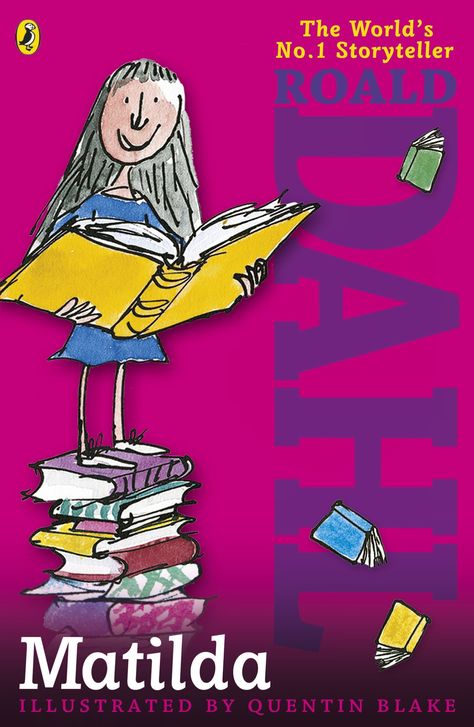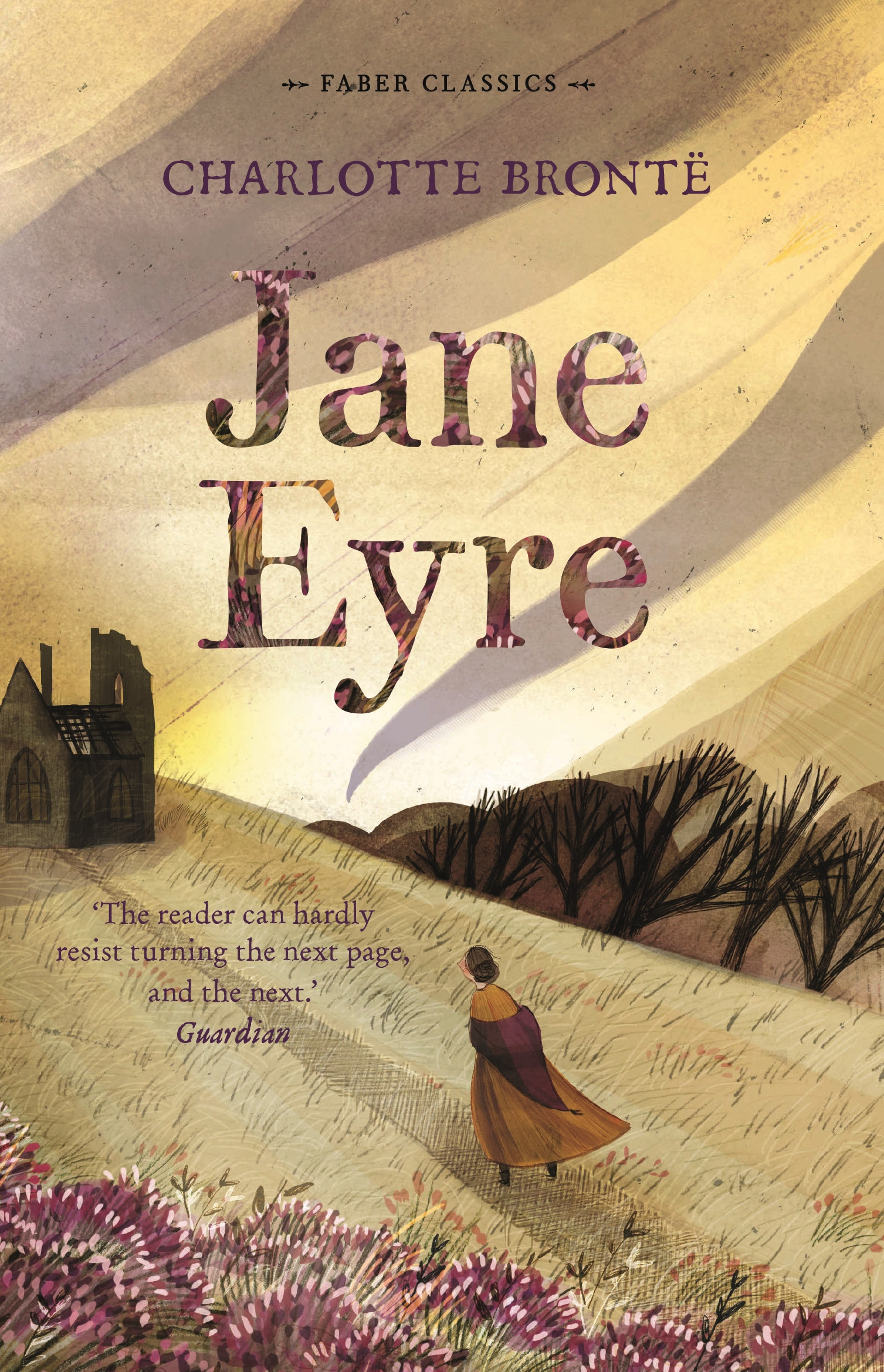A portrait of a family: A book review
The lockdown has had me browsing through my own bookshelf, looking for the titles I bought a long time ago but never got around to reading. Thankfully, we all have those. That’s how I came across ‘Drowning Ruth’ by Cristina Schwarz.
_20200519210229.jpg)
Unlike quite a few books that I pulled out of my bookshelf wondering why I had bought them in the first place, this one didn’t surprise me. It was an Oprah Book Club pick and had that famous orange and white ‘O’ on the cover. A friend, who is an avid reader, once told me that Oprah Book Club picks tend to have a particular style and storyline and that if you read one you, more or less, would have read them all. She had also mentioned that they are slow, sometimes agonizingly so.
I have to thank her for the heads up because I started Drowning Ruth prepared for a slow read that never picks up. And that was why I wasn’t disappointed. Most psychological thrillers are character driven and the plot doesn’t take centerstage. I had expected that but Schwarz goes a little overboard to hammer in the point that her characters have realistic motivations behind their actions and thus parts of the book feel a little repetitive.
The good thing is Schwarz is a skilled writer and she has crafted her characters brilliantly. You love them and hate them at the same time as you see yourself in them. The suspense part of the novel isn’t well developed. You understand what’s happening early on and that kind of takes away from the story. You are just waiting for what you already know to unfold.
Drowning Ruth opens in 1919, right after the influenza epidemic that followed the First World War. Amanda Starkey, a Lutheran farmer’s daughter who works as a nurse in Milwaukee, is seduced by a married man and finds herself pregnant. She returns to the family farm and, within a year, her sister Mathilde drowns under mysterious circumstances. When Mathilde’s husband, Carl, returns from the war, he finds Amanda has taken over his household and also has full control over his daughter, Ruth. To make matters worse, she will tell him nothing about his wife’s death.
Though touted as a thriller, Drowning Ruth is essentially a portrait of the ties that bind families and sisters together and the dangers of keeping secrets. It’s about family, social obligations, the harrowing effects of guilt, and the extent to which we are willing to go to in order to protect ourselves and the ones we love. The mystery part of it is inconsequential. After all, which family doesn’t have its secrets?
About the author
Christina Schwarz is the critically acclaimed author of #1 New York Times bestseller and Oprah Book Club pick ‘Drowning Ruth’, as well as ‘All Is Vanity’, ‘So Long at the Fair’ and ‘The Edge of the Earth’. She has a MA in English from Yale. She taught high school English for several years before becoming a writer. Schwarz currently lives in southern California.
Fiction
Drowning Ruth
Christina Schwarz
Published: 2000
Publisher: Ballantine Books
Language: English
Pages: 338, Paperback
An ode to Bollywood’s ‘minor’ actors
“This movie, labeled as comedy, is in fact the tragedy of Art.” When the globally acclaimed author Paulo Coelho tweets this about a Hindi-language movie, you watch it. Not that the movie wasn’t on my list already; just that Paulo’s May 6 tweet about “Kaamyaab” made me pause my science fiction series and watch it immediately. And I’m so glad I did, as I can now recommend it to everyone I know with equal conviction.
Kaamyaab is the story of Sudheer (Sanjay Mishra), a retired Bollywood actor who lives an obscure, lonely life until one day he finds out that he has acted in 499 films. He then gets a sudden urge to round off the figure by acting in his 500th. Battling his past demons, the veteran actor decides to come out of hiding and find work again.
But coming out of retirement is not easy. First, he first has to convince his daughter, as her validation matters much to him. Then there is yet another hurdle: The reason he had quit acting was a ‘shameful incident’ that had ruined his reputation.
Sudheer also has to deal with the vast evolution in the Hindi film industry. He is no longer as well known and even when people recognize him, they do so by the characters he’s played, and not as himself. And it’s the ultimate ignominy for the seasoned actor to have to audition again. Regardless, Sudheer is determined to take to the screen for the 500th time.
Directed by Hardik Mehta and co-written with him by Radhika Anand, Kamyaab uses Sudheer to tell a representational tale of hundreds of actors in Indian cinema who leave memorable trails through their supporting/character roles. From smaller roles like the doctor who announces the death of his patient outside an ER, the policeman who always arrives late, the nagging neighbor in the ‘heroine’s life, to more impactful roles like the village chief who expels the ‘hero’s’ family from the village, to the auntie who conspires to defame her daughter-in-law— we’ve seen supporting actors in every conceivable role, and most of the times, we take their presence for granted.
But would “Sholay” (1975) have the same legacy without Sambha (Mac Mohan) and Kaalia (Viju Khote)? The answer is a resounding ‘No!’ The “side-actors” are like asafetida in mango pickle. They’re not among the main ingredients but their presence adds a distinct flavor to the mix.
And who better to play one of them than the quintessential side-actor man himself. An alumnus of the coveted National School of Drama, Sanjay Mishra’s presence in Bollywood has evolved from doing the smallest of roles to leading feature length productions.
From the hilarious Raghunandandas Govardhandas Vakawale aka RGV in “All the Best” (2009) to the lovable skeptic Babuji in “Ankhon Dekhi” (2014), the actor’s versatility has been boundless in all these years, and he continues building an impeccable legacy for himself through Kaamyaab.
Sanjay encapsulates Sudheer’s layered persona so convincingly that we partly feel the movie is really based on his life. Sanjay plays an actor who has a separate facade for the outside world and when he is alone— without letting the audience have the slightest inkling of how he is in private.
Well, it’s not all that fictional as well, as the film highlights many unseen realities of cinema. It shows how fame and popularity are temporary and the struggle to be seen, heard and remain relevant is always there—even among established artists. As the film progresses with Sudheer at the helm of things, many Bollywood stereotypes are broken and the audience gets a glimpse of behind-the-scenes of filmmaking.
What also makes Kaamyaab enjoyable is its list of yesteryear actors like Avtar Gill, Manmauji, Anil Nagrath, Guddi Maruti, Liliput, Birbal and Viju Khote—all of whom play themselves. Most of them now retired, this is probably the first time these senior artists from different generations find themselves together on the same screen.
Who should watch it?
Anyone who calls themselves a fan of Bollywood will have no right to the title till they watch the film. That’s how compelling Kaamyaab is. It celebrates the successful life and times of supporting actors in Indian cinema and takes you back in time while you thoroughly enjoy the roller-coaster ride.
Rating: 4 stars
Genre: Drama
Actors: Sanjay Mishra, Avtar Gill, Deepak Dobriyal
Director: Hardik Mehta
Run time: 1hr 49mins
Where I’d rather be : A book review
I’m the wrong person to be reviewing Erin Morgenstern’s debut novel ‘The Night Circus’ because I loved it so much that I have lost the ability to be critical about it. So, this is basically going to be me raving and gushing about just how stunning the book is. _20200511192229.jpg)
The story is spectacular, the writing flawless, and each of the characters so brilliantly crafted that, though there’s so much going on, you feel like you know them intimately.
The Night Circus is about a circus that appears suddenly and disappears just as suddenly in different parts of the world—New York, Boston, London, and so on—and operates only during the nighttime. Here, unknown to visitors, two gifted illusionists Marco and Celia are pitted against each other in an intricate, lifelong game they don’t really understand but for which they were being trained since grade school.
Hector and Alexander are great conjurers in their own rights, and each claims to be superior to the other. Hector challenges Alexander believing that his six-year-old daughter, Celia, can beat anyone and Alexander, in turn, finds the perfect opponent in Marco. The circus, Le Cirque des Rêves (The Circus of Dreams), is their venue.
The twist: Marco and Celia fall in love and this changes the entire game.
The Night Circus is intensely visual. Each scene comes alive before your eyes. Morgenstern has created a unique world where the minutest of details are carefully planned and nothing feels out of place—even in a maze full of tents, each with its own world inside, which is fascinating to say the least.
One tent is a greenhouse made of ice filled with “the scent of rose and ice and sugar”, another has a reflecting pool full of tears that store memories, and one houses “fearsome beasts and strange creatures”. The circus also has a fire-eater, just like a regular circus. But this one sculpts flames with her bare hands. The fortuneteller uses a handful of stars instead of a crystal ball to predict the future. It’s a world like no other.
There is also a horde of intriguing characters alongside the two main protagonists. There’s Herr Friedrick Thiessen, the clockmaker and chief circus follower, Tsukiko the contortionist, Poppet and Widget, the red-haired twins born on the circus’s opening night, and Bailey, who is just a boy when he breaks into the circus to complete a dare. All have stories of their own which, even if they aren’t essential to the plotline, helps the book come together beautifully.
Unlike most books, there is neither too much dialogue nor excess descriptions in The Night Circus. Everything about it feels just right.
A lot of people pine to visit Hogwarts, the fictional school of witchcraft and wizardry in the Harry Potter series. They want to experience it firsthand. I never understood the feeling till I read The Night Circus. I wish The Circus of Dreams were an actual place.
The Night Circus is the perfect book to read if you want an escape. With its lyrical narrative and highly imaginative plotline, it transports you to a world of magic and mystery where anything is possible and love does, indeed, conquer all.
Fiction/Magical Realism
The Night Circus
Erin Morgenstern
Language: English
Published: 2012
Publisher: Vintage
Pages: 502, Paperback
Revisiting old favorites
There are some books that are always, always on my mind. The thought of these books makes me happy. These are the books I recommend to people, dip in and out of whenever I get the chance, and quote and draw analogies from. The upside of local bookstores being closed because of the lockdown is that I get to reread them without guiltily looking at the growing pile of unread books on my shelf. We all have these books. Here are mine.
All of Dahl’s books are wonderful but ‘Matilda’ is perhaps a little more so. This is a story of a little girl with extraordinary abilities—she can speed read and control objects with her mind. Her parents treat her like a “little scumbag”, but she eventually finds happiness. The idea that children can punish their parents or elders if they are “bad people” makes for an interesting premise. Moreover, Quentin Blake’s illustrations bring the story to life.
What’s more, the movie adaptation of Matilda feels like a projection of the mental imagery you have while reading the book.
I first read ‘Jane Eyre’ as a teenager and since then I have returned to it a few times. It’s one of those books where you discover new things with each rereading. When I was young (and naïve) I thought of it as the most romantic book ever. As I grew older, I couldn’t ignore the abuse and infidelity and I turned away from it in disgust. Then, later on, I was told it was a feminist novel and I tried and failed to see it that way. But the fact remains that Jane Eyre provokes emotions that compels me to return to it time and again.
Even after all these years, I’m still trying to figure out what “madness” it is that Mrs Rochester is suffering from and whether she jumped, freeing her husband to marry Jane, or she was pushed. Maybe, just maybe, this time around I will finally make up my mind.
A Man Called Ove by Fredrick Backman 
This is a relatively newer addition to my list of favorites. But if I were to be told that I could only read one book for the rest of my life, this would probably be it. I loved ‘A Man Called Ove’ so much that I’ve been recommending/gifting this to everyone since I first read it. A novel about a cranky 59-year-old Swedish widower who repeatedly tries and fails to kill himself might not seem like the perfect lockdown read. But it is: The story is essentially about finding yourself when nothing seems to be going right.
As Ove screams at his neighbors for parking in the wrong place and punches a hospital clown because his magic tricks annoy him, you can’t help but see a little bit of yourself in him and cheer him on.





_20200519210108.jpg )















